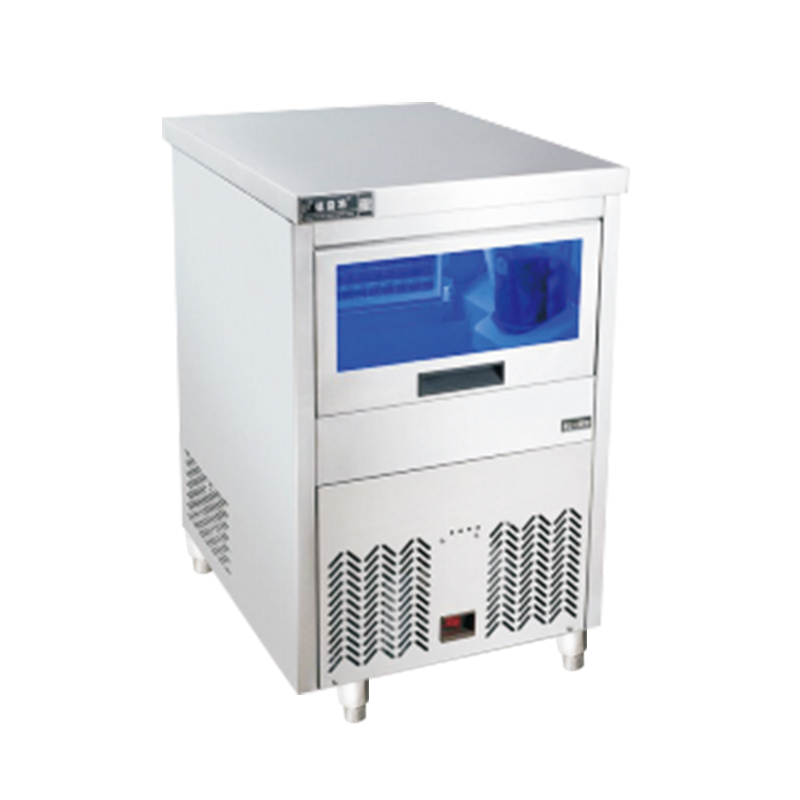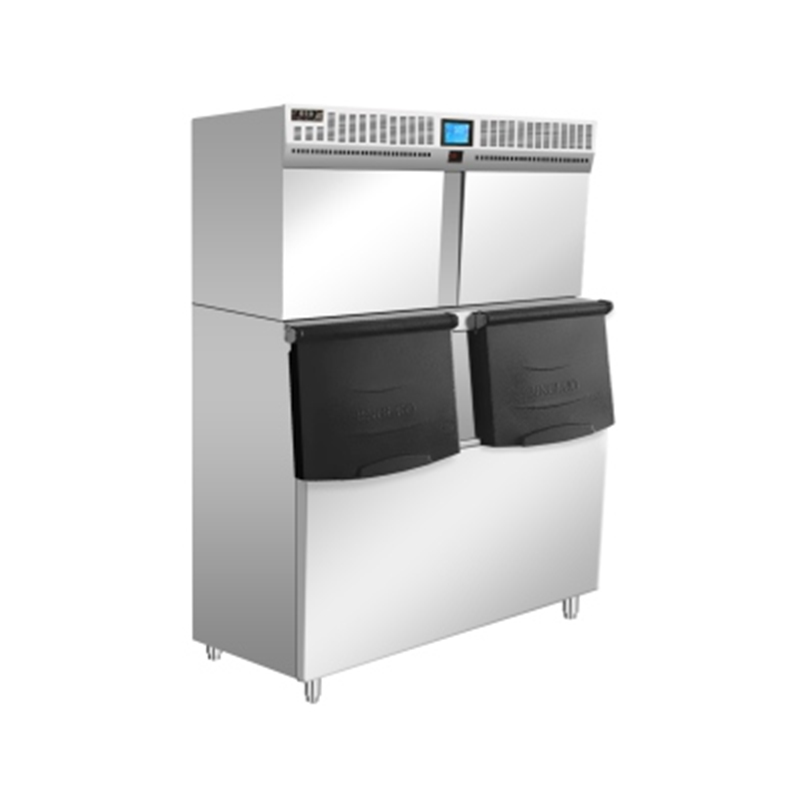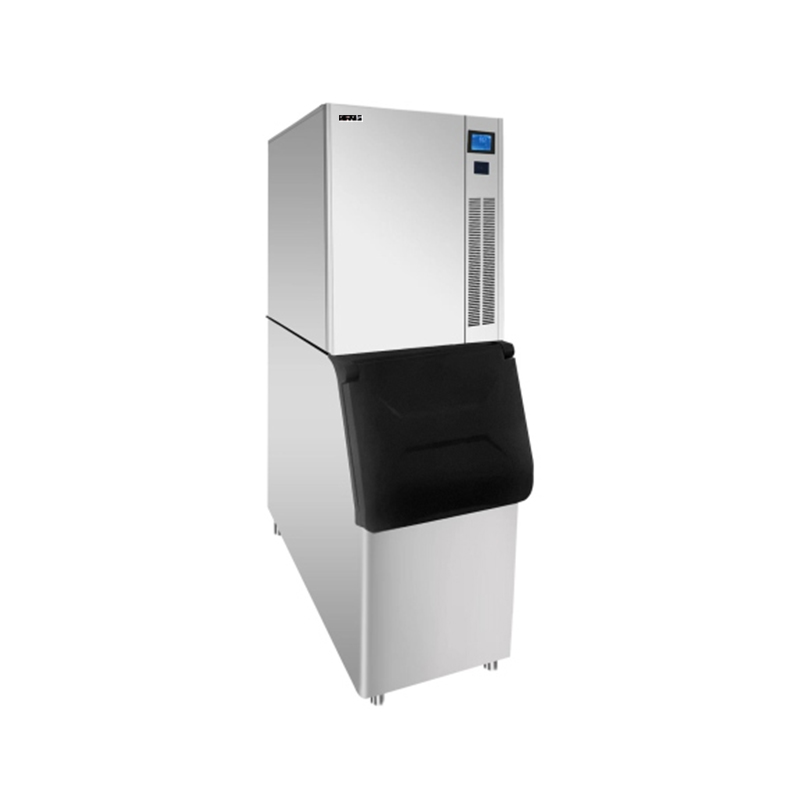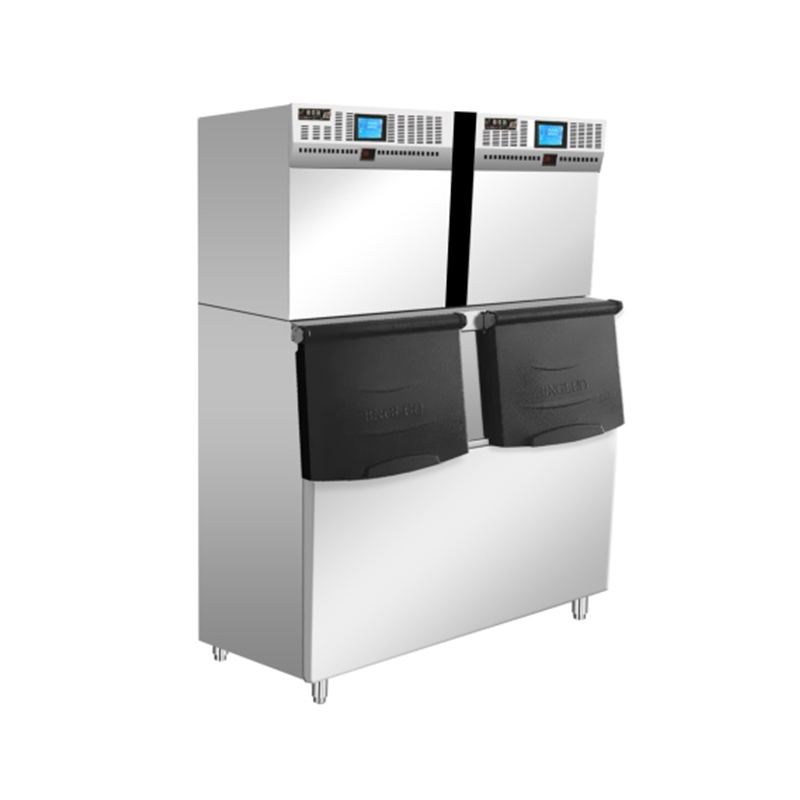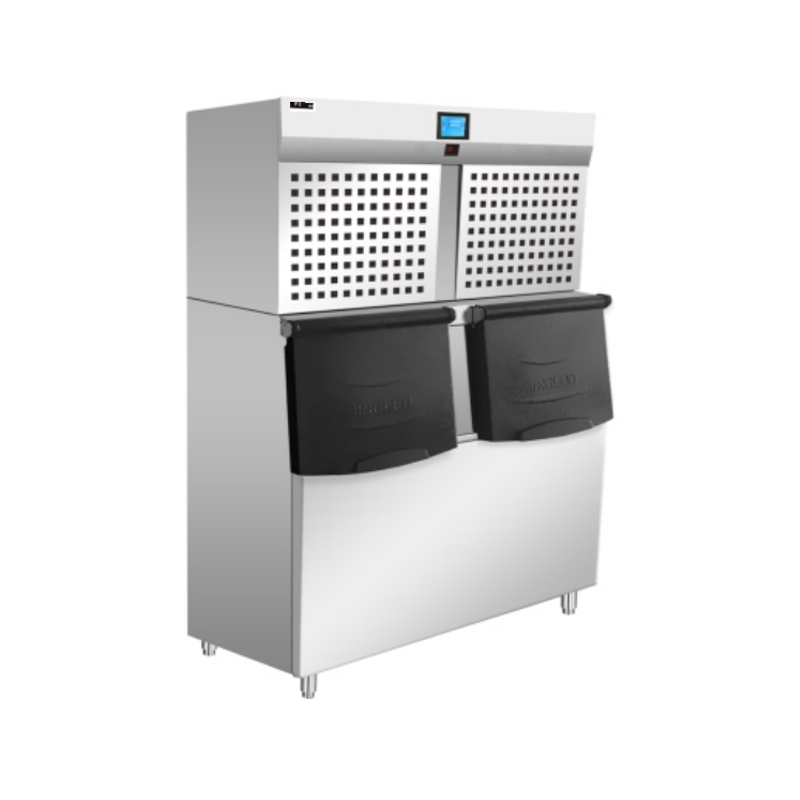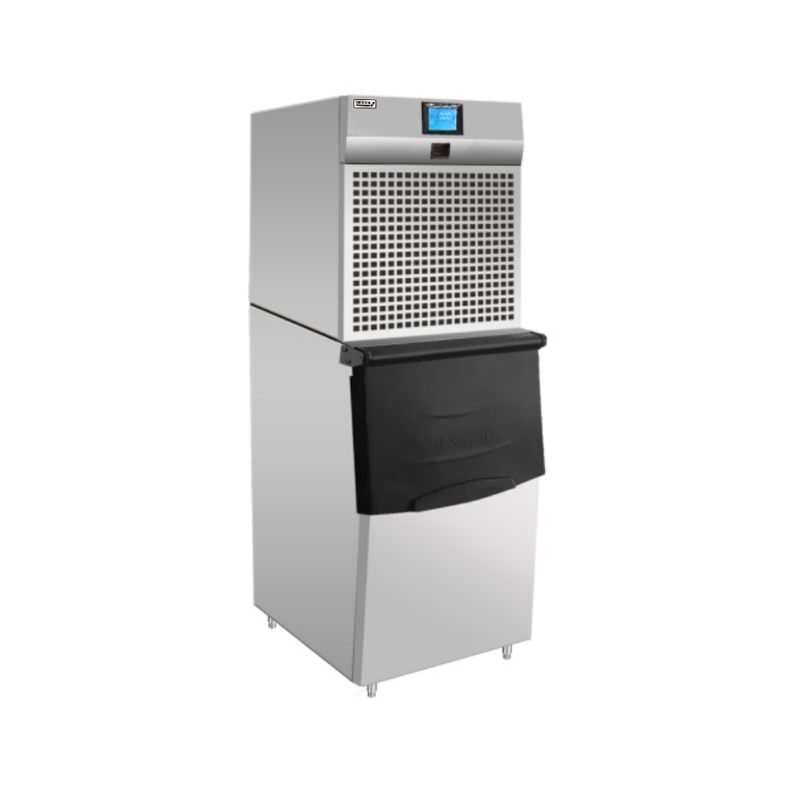2025-08-01
What is the difference between residential and commercial refrigerators?
At first glance, a commercial refrigerator might not seem all that different from a residential one. But in reality, they have fundamental differences in their design, performance, and features. These distinctions determine their respective environments: one is built to meet the daily needs of a family, while the other is engineered to withstand the demanding challenges of a commercial kitchen. Understanding these differences is crucial for choosing the right appliance for the job.
Design and Durability
The core of a commercial refrigerator's design is its robust durability. They are typically constructed from sturdier materials like stainless steel or heavy-duty plastic to endure frequent opening, physical impacts, and the general wear and tear of a commercial setting. Their door hinges, handles, and internal shelving are reinforced to withstand heavy use. Commercial refrigerators are often larger, with internal spaces designed to maximize storage efficiency for large trays, containers, and bulk ingredients. In a commercial kitchen, you might hear people refer to these appliances using terms like Commercial upright chiller or Commercial upright freezer.
Residential refrigerators, on the other hand, prioritize aesthetics and convenience. Their design is meant to blend in with a home environment, offering a wider variety of colors and styles. For materials, they typically use plastic or thinner metal panels to reduce cost and weight. The internal design is more user-friendly, with dedicated crisper drawers for produce, door shelves, and adjustable dividers to accommodate different types of household food items.
Performance and Cooling Efficiency
The heart of a commercial refrigerator is its efficient and powerful cooling performance. They are usually equipped with stronger compressors and more advanced cooling systems that can quickly bring large quantities of newly added food to a safe temperature. They can also maintain a stable cold temperature even with frequent door openings. This rapid cooling ability is essential for the food service industry because it effectively inhibits bacterial growth and ensures food safety. Commercial refrigerators often require more energy to maintain this high level of performance, but their operating efficiency is tailored for the demands of a business.
Residential refrigerators have a cooling system that focuses on energy efficiency and quiet operation. They are designed for stable, long-term use and do not need the same level of intense cooling power as their commercial counterparts. A residential fridge's cooling capacity is sufficient for a family's daily access and food storage, all while maintaining low energy consumption and noise levels.
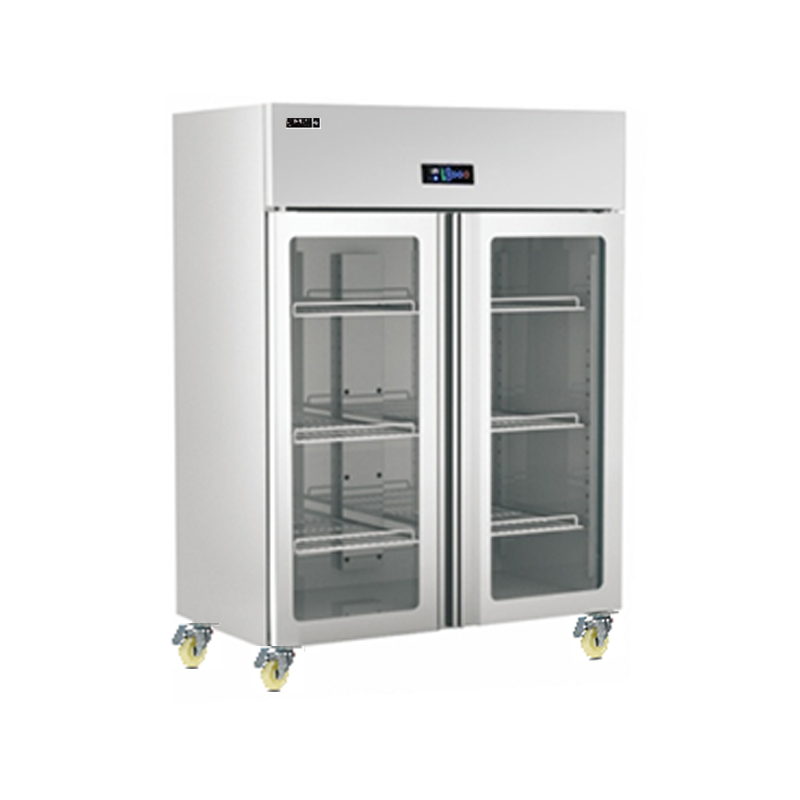
Features and Regulatory Requirements
A commercial refrigerator's features are geared toward practicality and compliance. Many commercial models include temperature monitoring and alarm systems that alert staff if the internal temperature goes outside of a safe range, which is critical for adhering to food safety regulations. Additionally, they often have powerful forced-air cooling systems to ensure even temperatures throughout the cabinet and use removable, easy-to-clean components for hygienic maintenance.
Residential refrigerators offer more convenience features to enhance the user experience. These might include automatic ice makers, water dispensers, smart touch screens, or even built-in screens and cameras. While these features are convenient, they are not necessary in a commercial setting.
Summary
In essence, the fundamental difference between commercial and residential refrigerators lies in their intended purpose.
-
A commercial refrigerator, such as a Commercial upright refrigerator, is built for a high-intensity, high-volume, fast-paced business environment. Its design, performance, and features are all centered on durability, cooling efficiency, and food safety compliance.
-
A residential refrigerator is designed for daily household use. Its focus is on aesthetics, convenience, energy savings, and quiet operation.
So, if you're looking for an appliance for a restaurant, café, or hotel kitchen, you need a commercial refrigerator that can handle the heavy workload, cool food quickly, and meet regulatory standards. On the other hand, if you're just adding a new member to your family's kitchen, the comfort, style, and energy efficiency of a residential refrigerator will be a much better choice.

 English
English русский
русский Español
Español عربى
عربى